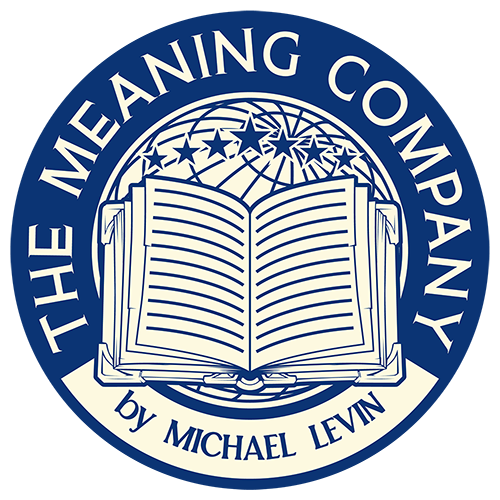Shorter Books Are the New Norm: Why It’s Better for Authors and Readers
The trend in publishing is shifting towards shorter books, as attention spans have decreased and the goal is now to convey key ideas in a concise manner rather than selling books to strangers.
Back in the day, the biggest book won. Just a few short decades ago, books had to be huge to be taken seriously. So you had 400 page volumes on politics. 600 page tomes on personal finance. And 800 page gorillas in the form of biographies and memoirs.
These days, that’s history.
Today, the most successful books are the shorter ones, the ones where the author says what needs to be said, takes a bow, and gets off the stage. This is good news for anyone contemplating becoming an author. You no longer have to create a doorstop for people to take you and your ideas seriously.
Ozempic for the publishing industry came in the form of shriveled attention spans, YouTube technology, and social media. These days, goldfish pay attention to external stimuli longer than we humans.
Another factor is that when you’re the author, you’re the authority. This means that pretty much any assertion, when bound into a book, must be true, because otherwise the author would never have staked his or her reputation on that idea.
That’s more good news for authors–you don’t have to drop 84,000 footnotes in order for you and your book to seem credible. So what’s the right length for a book these days?
I will give you two answers, depending on the purpose of your book.
If your goal is to sell copies of your book to strangers, in bookstores or on Amazon, it’s very hard to get away with fewer than 240 pages or 65,000 words. That’s because the publishing industry has conditioned you over the decades to believe that a book has to be that long in order to merit the price, which these days, is somewhere between $25 and $35.
Selling books to strangers, however, is one of the hardest feats known to humankind, unless you are one of those people who go by just one name (I’m looking at you, Oprah, Meghan, Harry, and Taylor).
For the rest of us, it’s an extraordinarily heavy lift to sell books to people who don’t already know us. In fact, it’s just not worth the effort.
And that’s even better news for professionals who would like to put out books to burnish their thought leader credentials or shorten their marketing and sales cycles.
For you, the sweet spot is…wait for it…a mere 100 to 150 pages. Think about it. If you cannot close someone on your ideas in that amount of pages, you are not going to get them in 200 to 300. Or 400 or 500.
Say what you need to say, and get off the stage.
The goal is not selling books. The goal is getting your ideas into the hands of the right audience–people who can hire you, bring you in to speak, or have their lives transformed by your ideas.
One hundred to 150 pages is an ideal length for a book of this sort. You aren’t competing with the 240-pagers in the bookstores, because you aren’t trying to sell your content. Instead, you want your book to get into the hands of the right audience – your niche – as frictionlessly as the kids say, as possible.
Offer your book as a free PDF downloadable from your website, perhaps in exchange for an e-mail address.
Mail books to 50 to 100 prospects for your services or places where you’d like to speak. Who gets a book in the mail? It’s a rare event in today’s technologically obsessed world.
Or sell copies back to the room when you speak. You can print books for $3 or $4 and sell them for $30. All that money goes in your pocket. If Simon & Schuster had published your book, they would sell you author copies at a 40% discount. That means that when you sell the book back of the room for $30, Simon & Schuster would get the lion’s share–$18, while you would only pocket $12.
Isn’t independent publishing wonderful? You can do a book that is shorter, but just as powerful as a longer book. You can do it faster and cheaper, and you keep all the money.
I would go on, but since we’ve already established the fact that attention spans are short, and these days people are rewarded for saying what needs to be said and getting off the stage, I think I’ll stop right here.
These days, shorter books win. And that’s good news for authors and readers alike.
